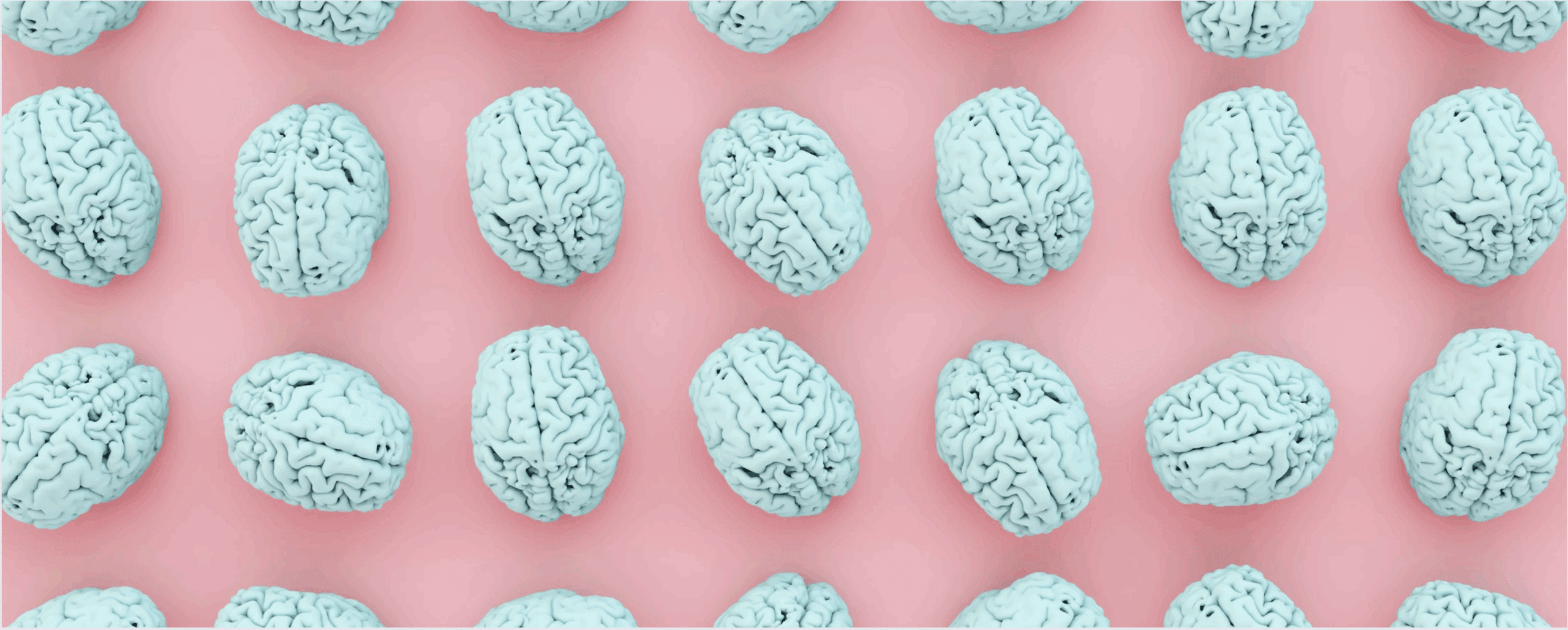Xanax is a widely prescribed medication for anxiety disorders and panic disorders. When receiving a Xanax prescription, people often wonder about the composition of the medication. Is Xanax a barbiturate? It is sometimes confused as to whether it’s a benzodiazepine or a different class of sedative drugs. Let’s talk about Xanax and whether it’s a barbiturate or benzodiazepine.
What Is Xanax?
Xanax is the brand name for the medication alprazolam. However, alprazolam is a Schedule IV Controlled Substance because it has a high risk of being abused. Thus, it’s illegal in the United States to possess Xanax without a prescription from a medical professional. Yet, people commonly source Xanax through illicit methods, such as buying it online. To clarify, Xanax is not a barbiturate but a benzodiazepine.
What Does Xanax Treat?
The prescription medication is most commonly prescribed to treat anxiety and panic disorders, which the Food and Drug Administration (FDA) approves its usage for. Sometimes, it’s prescribed for insomnia and depression, depending on the person and their history of medicine use.
Benzodiazepine Addiction
Addiction is a prevalent issue with benzodiazepine abuse. When used legally as prescribed, your doctor will monitor your dose and help you avoid dependence. Similarly, they can recommend a plan to help you wean off the medication when needed. However, recreational and illegal Xanax use can easily lead to an addiction to the strong effects of the drug.
Stats and Facts About Xanax Abuse
Unfortunately, Xanax is widely prescribed but also widely abused. In fact, alprazolam, the ingredient in Xanax, is the most prescribed psychotropic medicine in the U.S. Studies estimate that Xanax is misused about 20 percent of the time.
What Are Barbiturates?
Barbiturates are depressant medications that have multiple medical uses. They belong to the sedative-hypnotic class of drugs. Some of their uses include treating seizures, insomnia, muscle spasms, and anxiety. The FDA has approved many barbiturate brands. Yet, barbiturates are less common as prescription medications than benzodiazepines because barbiturates have a higher overdose risk. Yet, they are considered a potent back-up drug when other options don’t work. As mentioned, barbiturates have a high risk of abuse. They can be sourced illicitly under one of the many barbiturates street names. These include barbs, blockbusters, goofballs, and yellow jackets.
How Do Barbiturates Work?
Barbiturates increase the brain chemical gamma-aminobutyric acid (GABA), which has a calming effect on the central nervous system (CNS). Some of the effects barbiturates can have on the body are sleepiness, relaxation, or mild euphoria. Mainly, misusing barbiturates results in feelings of drowsiness and intoxication, although sometimes it can produce a gentle high.
Are Barbiturates Addictive?
Yes, barbiturates have a strong addictive tendency because they modify the brain to desire the drug. By activating chemical messengers in the brain, barbiturates lead to dependency over time. At this stage, you experience a constant need for more. Just as with any addictive substance, the brain begins to function more normally while on the drug than without. The only option is to detox in a treatment facility.
Most Common Barbiturates
Some barbiturates are more commonly prescribed than others. They range from ultra-short-acting to long-acting formulas:
- Phenobarbital (Luminal)
- Pentobarbital (Nembutal)
- Sodium Pentothal (Trapanal)
- Amobarbital
- Butalbital
- Methohexital
- Primidone
- Secobarbital (Seconal)
Get confidential help from our addiction and mental health treatment facilities located across the United States. Call to join one of our quality programs today!
Speak With Our Admissions TeamWhy Do People Confuse Barbiturates and Benzodiazepines?
It makes sense that people confuse barbiturates and benzodiazepines, as they have similarities. Barbiturates work on the GABA receptors in the brain, while benzodiazepines make the GABA receptors more efficient without directly modifying them. This different effect makes benzos generally safer when it comes to overdose risk. To elaborate, benzos are less potent than barbiturates, which is why they are prescribed as a first response. Barbiturates are an old medication with a long history of results. Yet, because of their high overdose risk, they’re considered a secondary option after trying benzodiazepines.
What Are the Risks of Barbiturate Abuse?
Abusing barbiturates is incredibly dangerous and can lead to short- and long-term risks. Notably, you can develop barbiturate toxicity and physical dependency. Symptoms can include:
- Difficulty thinking and processing
- Mental fogginess
- Decreased judgment
- Loss of balance
- Memory loss
- Breathing difficulty
- Coma
Barbiturate symptoms can be serious and life-threatening. Additionally, barbiturate addiction leads to barbiturate withdrawal symptoms when you go without the drug or try to quit. Fortunately, we can help alleviate symptoms through treatment.
Looking for quality treatment for substance abuse and mental health that’s also affordable? Aliya Health Group's treatment facilities accept most major insurance providers. Get a free insurance benefits check now!
Check Your CoverageBarbiturate Addiction Treatment Options
When it comes to powerful substances like barbiturates, the best way to overcome addiction is by treating it in a rehab facility. We provide comprehensive care that helps individuals achieve healing through counseling, therapy, medication management, and future planning. Further, we believe in holistic wellness that ensures healing for the mind, body, and spirit. Getting help is a simple process, beginning with intake. Our intake team will gather information about your situation, history, needs, and goals. Then, they will create a personalized treatment plan that will carry you through the levels of care.
Barbiturate Detox
Individuals begin with detox to remove the lingering substances from their bodies. Generally, detoxification lasts 4-8 days. Our team of doctors and nurses monitor clients to ensure they’re safe. Additionally, they may prescribe medications to make barbiturate withdrawal more comfortable.
Inpatient Treatment for Barbiturates
Residential inpatient treatment is an important step towards recovery. Clients live in-center to participate in daily therapy and counseling sessions, as well as holistic activities. With 24/7 monitoring, the goal is to help the individual work towards a fulfilling life of sobriety. They unpack the roots of their drug use in sessions and learn coping mechanisms for when cravings strike.
Outpatient Treatment for Barbiturates
Outpatient treatment is the next step of rehabilitation once individuals have done the deeper work of healing and are ready to self-motivate their recovery. Thus, outpatient treatment continues to offer therapy, counseling, and holistic activities. Yet, individuals have more independence in their sobriety journey and can work towards future planning. Substance abuse like alcohol addiction or Xanax addiction doesn’t have to control your life anymore. If you’re struggling with benzodiazepines and barbiturates, our dual-diagnosis treatment center can help.
If you’re ready to enter treatment for barbiturate addiction, reach out today!














